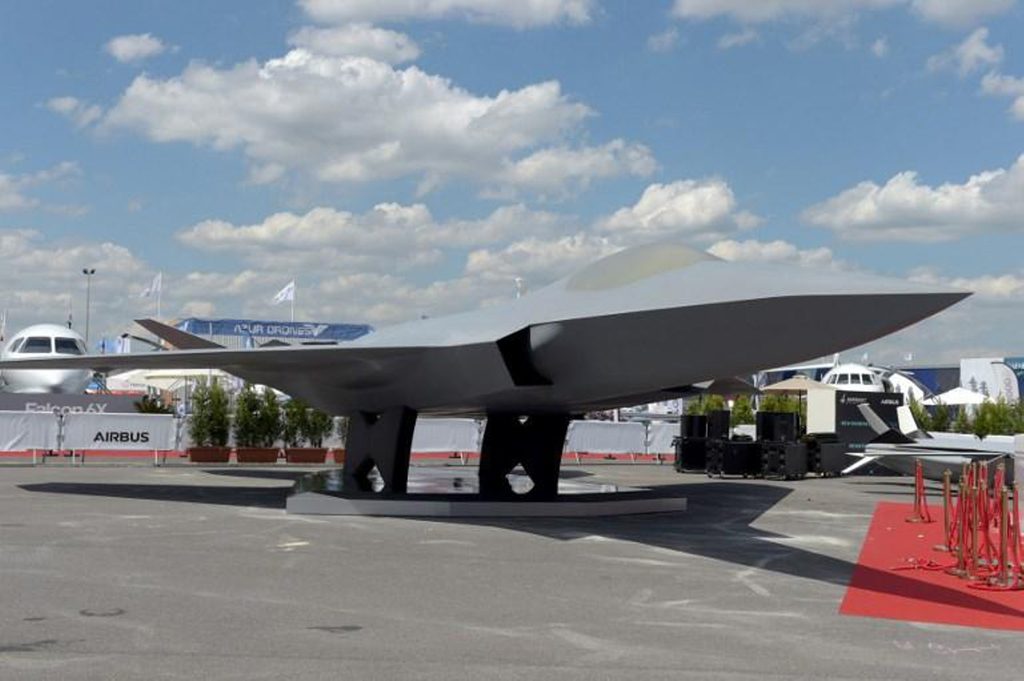Belgium has joined the European Future Air Combat System (FCAS) programme, Europe’s largest-ever arms project to develop the next generation of fighter aircraft.
The Council of Ministers approved Belgium's participation as an observer in the German-French-Spanish project on Monday. The programme aims to develop a "system of systems", including next-generation fighter aircraft, unmanned flying platforms, and a new generation of sensors which will all be connected via a “combat cloud."
"As a country with an excellent defence and aerospace industry, we absolutely could not miss this opportunity," said Defence Minister Ludivine Dedonder. The observer role in the programme will allow the Belgian industry to take part in discussions for the next phase of development.
"As part of this project, we will guarantee Belgium's participation in years of research and development in various fields, with technological innovations that will have both military and civilian applications." Belgium will inject up to €360 million into the programme, 10% of which will be paid for by manufacturers that wish to be part of the scheme.
Tweet translation: "I am delighted that Germany, France and Spain welcome Belgium as an observer to the FCAS programme. As part of this project, we are enabling our companies to remain at the forefront of innovation while having a positive impact on employment and strengthening European defence!"
An agreement for the joint programme was created by Germany and France in 2017. Spain joined as an equal partner two years later. The joint project aims to define the sixth-generation fighter aircraft that will succeed the French Rafale and the German and Spanish Eurofighter.
The French, German and Spanish governments welcomed Belgium’s forthcoming entry on Tuesday.
Related News
- Kyiv sends pilots to Britain for training on F-16s
- Dassault CEO opposes Belgian participation in SCAF fighter aircraft programme
Belgium will initially hold observer status "because the group is in a relatively complex design and production phase" that does not lend itself to more direct participation, the original members explain. In this capacity Belgium will assess how it can contribute to the scheme, "drawing on Belgian skills and with a view to deeper participation in the future."
Participating nations hope that the programme will accelerate the operational partnership between the respective air forces of the four countries. This should lead to closer cooperation between the Belgian DTIB (defence industrial and technological base) and the FCAS' current partners.

